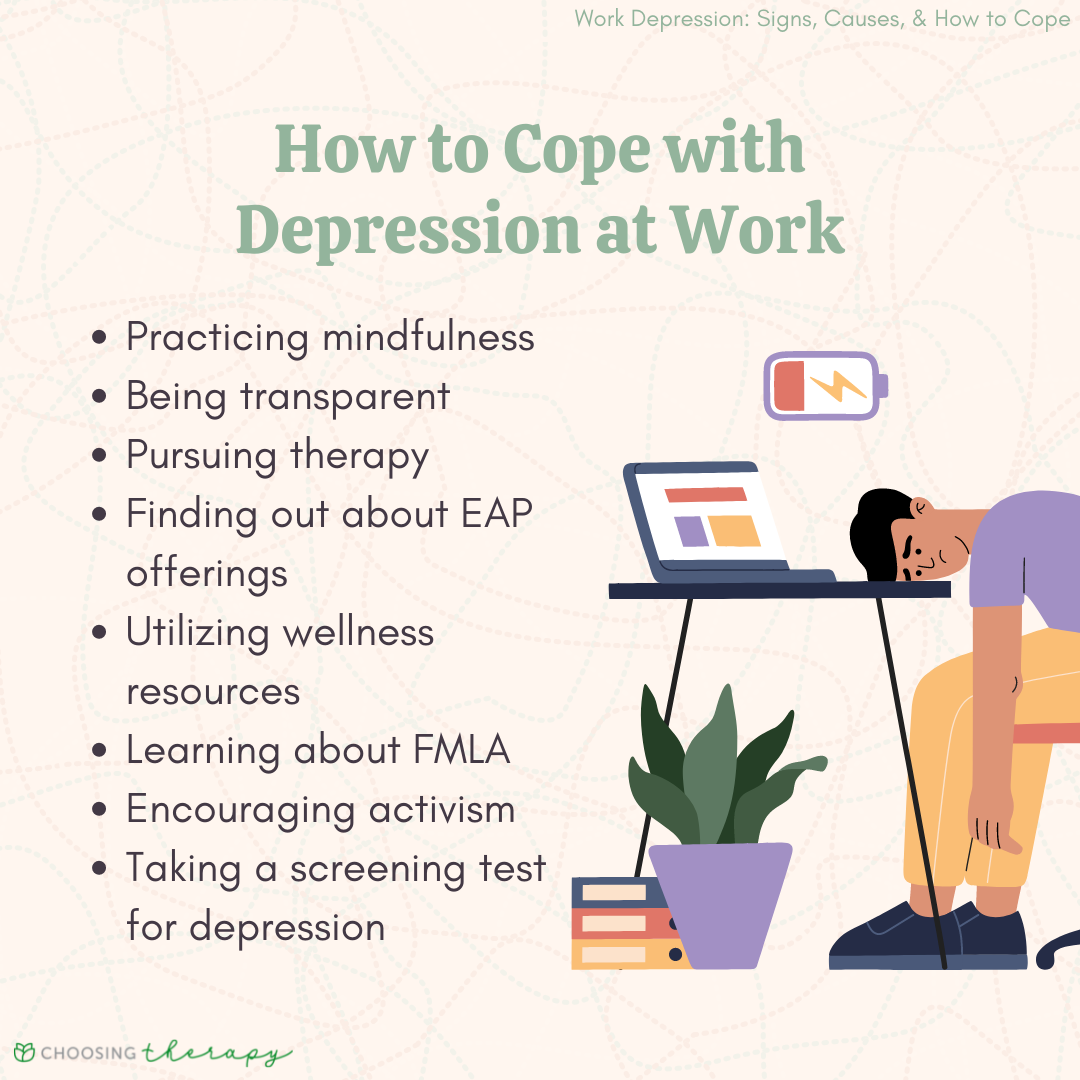Dealing with depression can be challenging, especially when it affects your work performance and overall well-being. However, with the right strategies and support, it is possible to manage depression while still being successful at your job. Here are some tips to help you navigate through this difficult time:
1. Seek Professional Help
First and foremost, it is important to seek professional help if you are struggling with depression. A licensed therapist or counselor can provide you with the tools and resources necessary to cope with your symptoms and improve your mental health. Additionally, they can help you create a treatment plan that may include therapy, medication, or other interventions to help you manage your depression effectively.
2. Communicate with Your Employer
It is essential to communicate with your employer about your depression and how it may impact your work. Be open and honest about your struggles, and discuss any accommodations or support you may need to perform your job effectively. Your employer may be able to provide you with flexibility in your schedule, reduce your workload, or offer resources such as an employee assistance program to help you cope with your depression.
3. Set Realistic Goals
When dealing with depression, it can be easy to feel overwhelmed by your workload and responsibilities. To avoid burnout, it is important to set realistic goals for yourself and prioritize tasks based on their importance. Break down large projects into smaller, manageable tasks, and celebrate your accomplishments along the way. Remember to be kind to yourself and acknowledge that it is okay to ask for help when needed.
4. Practice Self-Care
Self-care is essential for managing depression at work. Make time for activities that bring you joy and relaxation, such as exercise, meditation, or spending time with loved ones. Take breaks throughout the day to recharge and refocus your mind. Additionally, prioritize sleep, nutrition, and hydration to ensure your body is functioning at its best while dealing with depression.
5. Create a Support System
It is important to surround yourself with a supportive network of friends, family, and colleagues who understand your struggles with depression. Reach out to trusted individuals for emotional support, encouragement, and guidance during difficult times. Consider joining a support group or seeking out online resources where you can connect with others who are dealing with similar challenges.
6. Practice Mindfulness
Mindfulness techniques, such as deep breathing exercises, guided imagery, or progressive muscle relaxation, can help reduce stress and anxiety associated with depression. Incorporate mindfulness practices into your daily routine to stay grounded and present in the moment. By practicing mindfulness, you can improve your focus, concentration, and overall well-being while managing depression at work.
7. Take Breaks and Set Boundaries
It is essential to take breaks throughout the workday to rest and recharge your mind and body. Set boundaries with your workload and colleagues to ensure you are not overextending yourself or taking on more than you can handle. Remember that it is okay to say no to additional tasks or responsibilities if they are causing you stress or exacerbating your depression.
8. Monitor Your Progress
Keep track of your mood, energy levels, and productivity to monitor your progress in managing depression at work. Use a journal, mood tracker, or mental health app to record your thoughts and feelings on a daily basis. Reflect on any patterns or triggers that may be impacting your mental health, and adjust your strategies accordingly to continue moving forward in your recovery journey.
Overall, managing depression at work requires a combination of self-care, support, and professional help to help you navigate through this challenging time. By implementing these tips and techniques into your daily routine, you can create a healthier work environment for yourself and improve your overall well-being while coping with depression.

